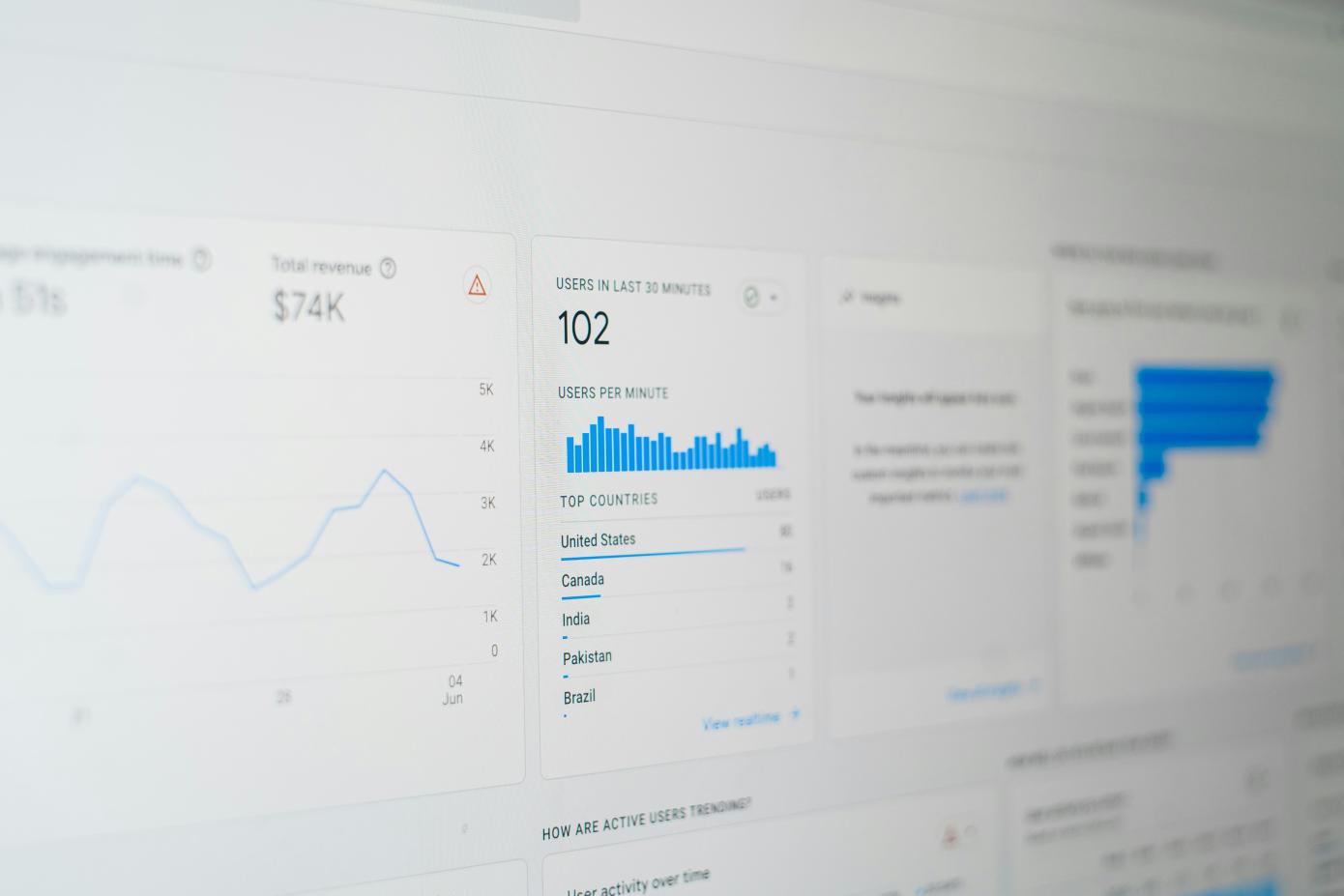In today’s digital world, having a well-optimized website is crucial for attracting and retaining users. But how do you know if your site is performing at its best or if it’s time for an update?
This is where a website audit comes into play. Whether you’re aiming to improve your site's SEO, user experience, or identify performance issues, an audit is an essential tool that can help you make informed decisions about the health of your online presence.

Why Should You Do a Website Audit?
A website audit is an in-depth evaluation of your website’s performance, covering multiple aspects such as technical efficiency, SEO, content quality, and user experience. It’s like a health check for your site: it highlights what’s working well, where improvements are needed, and how you can optimize your digital strategy to meet your goals.
The main reasons for a website audit include:
- Improving User Experience: A better user experience keeps visitors engaged and reduces bounce rates.
- Boosting SEO: A thorough audit can help identify SEO issues, like broken links or missing meta tags, that affect your visibility on search engines.
- Keeping Up With Competitors: Regular audits allow you to stay ahead of competitors by ensuring your content, structure, and performance are up-to-date.
When Should You Make Changes?
The timing of a website audit can vary depending on your goals and the state of your site. Here are some scenarios where an audit is recommended:
- Client Feedback on User Experience: If clients report issues like difficult navigation, slow load times, or trouble finding information, it’s time for changes. Addressing these concerns improves user satisfaction, retention, and can boost conversions.
- Traffic Drops Suddenly: If your traffic has decreased for no apparent reason, it’s a good idea to run an audit. This will help you identify any technical errors, penalties from search engines, or content issues.
- Before Major Updates: Planning a redesign or a big update? Auditing your site beforehand ensures that there are no underlying issues that could interfere with new features or layout changes.
- Periodically (Quarterly or Annually): A proactive approach, such as auditing every quarter or once a year, can help catch and solve issues before they turn into major problems.
- After Algorithm Updates: Google and other search engines frequently update their algorithms, which may impact your site's ranking. An audit can determine if recent changes have affected your performance.
How to Know What to Change and When
A successful audit involves multiple areas, each requiring attention to detail. Here's how to determine what to change:
1. Technical Factors
- Page Speed: Slow page load times can cause high bounce rates. Use tools like Google PageSpeed Insights to evaluate your site's speed.
- Mobile Compatibility: Ensure your site is mobile-friendly, as an increasing number of users browse the web on mobile devices.
- Broken Links: Check for any broken internal or external links that might harm the user experience or SEO.
2. On-Page SEO
- Meta Tags and Keywords: Ensure that meta titles and descriptions are unique, relevant, and optimized with the right keywords.
- Content Quality: Outdated or irrelevant content should be updated or removed. Fresh, valuable content keeps users and search engines happy.
3.User Experience
- Navigation: Your site should be easy to navigate. Visitors should find what they need quickly without confusion.
- Engaging Content: Analyze your pages to see if they meet users’ needs effectively. Content should be informative, well-structured, and engaging.
4. Security
- SSL Certification: Having an SSL certificate is crucial for securing your site and building user trust.
- Protection Against Threats: Regularly scan your site for malware and vulnerabilities to protect it from cyber-attacks.
5. Analytics and Monitoring
- Use Data: Tools like Google Analytics and Google Search Console provide valuable insights into what users do on your site, helping you decide which areas need improvement.
How an Audit Sets You Apart from Competitors
A regular website audit not only fixes existing problems but also opens doors for new opportunities. It allows you to:
- Adapt to Market Changes: If your competitors are outpacing you, an audit can reveal areas where you’re lagging, helping you adapt more quickly.
- Enhance Content Strategy: Identifying gaps in content or missed keywords means you can create targeted, engaging material that better serves your audience and attracts new visitors.
- Avoid Penalties: Staying compliant with the latest SEO guidelines means you’re less likely to incur penalties from search engines, which can significantly impact your visibility.
While your competitors may overlook these essential checks, a thorough audit helps you remain at the forefront, ensuring your site is as effective and competitive as possible.
Conclusion
A website audit isn’t just a quick fix—it’s a critical strategy to maintain and grow your digital presence. Knowing when and how to make changes ensures that your site remains optimized, up-to-date, and capable of competing effectively in a constantly evolving online environment. Regular audits are investments in your website's future, ultimately leading to better performance, higher rankings, and more satisfied visitors.

